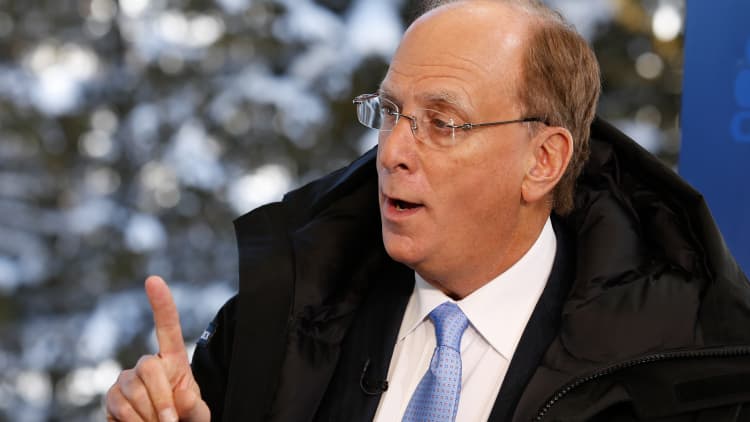Wall Street will soon be evaluating companies by a new standard: How much the public trusts them.
That's according to Forrester research, which published a study on the topic Wednesday. Consumers will increasingly factor in trust when it comes to making purchasing decisions, and companies will need to show investors how well they perform relative to competitors, said Forrester analyst Fatemeh Khatibloo.
The societal shift to digital means that consumers have access to more information about brands than ever before, and they are acutely aware of just how much data companies collect about them. For those reasons, it has never been more important for companies to build trust with consumers in order to win their business, said Khatibloo.
"We saw a CEO lose his job over a security breach at Target, so I do think people will care more," she said.
Read More Target chairman and CEO ousted
Companies already measure some metrics that will feed into consumer trust scores, and investors will begin to ask for those numbers. For example, the Net Promoter Score — a measure of how likely people say they are to recommend a brand to a friend or colleague — is seen as an important indication of future growth and will be combined with other data, such as how proud people say they are to be associated with a brand, how closely a company's values align with their own and how engaged they are with that brand.
Consumer protection groups and trade organizations will also publish integrity and transparency scores. All of this will feed into an overall quantitative trust score, said Khatibloo. The rise of so-called intelligent agents, like Amazon Echo and Alphabet's Google Now, will use those trust metrics to decide which customers see which brands based on user preferences. Companies that fail to make trust central to their brands will find themselves blacklisted by those bots, a risk that shareholders won't appreciate, she said.
"This is very much part of the sea change that I think is happening with Wall Street and with investors generally," said Khatibloo.
BlackRock chief Larry Fink has cautioned CEOs against taking a short-term view of their business that focuses on quarterly earnings reports, an example of a broad shift toward more sustainable growth, said Khatibloo.

Depending on the type of business, other metrics, like Yelp ratings for restaurants or TripAdvisor ratings for hotels, may feed into the trust score, said Khatibloo. One company in the travel business that is already empowering consumers to make purchasing decisions on the strength of nontraditional metrics including trustworthiness is Hipmunk.
Customers can choose to rank flights not just by carrier, price and length of time, but also by "agony," which reflects the quality of the flight in question, and takes into account whether it is usually on time, and the number of stops a flier has to make among other variables. For companies that rely heavily on user data for their business model — like Facebook — building and retaining consumer trust is especially important.
"Over and over again, people tell us they don't trust Facebook," said Khatibloo. "They are very opaque about what they are allowed to do with your data."
Read More Facebook experiment raises privacy concerns
Facebook has taken steps to make it easier for users to decide what to share with other people and does not share personal information with brands or advertisers. The social network also benefits from having few real competitors, so whether or not consumers are put off by its constantly updating privacy policy and terms of service, Facebook retains its users, said Khatibloo. Facebook declined to comment.


